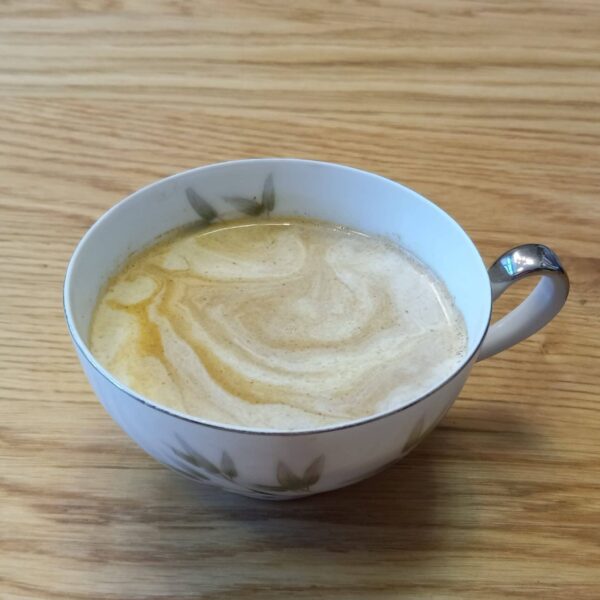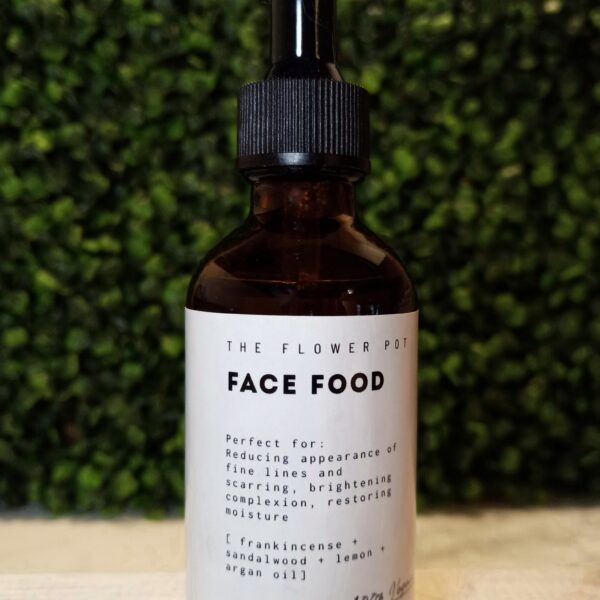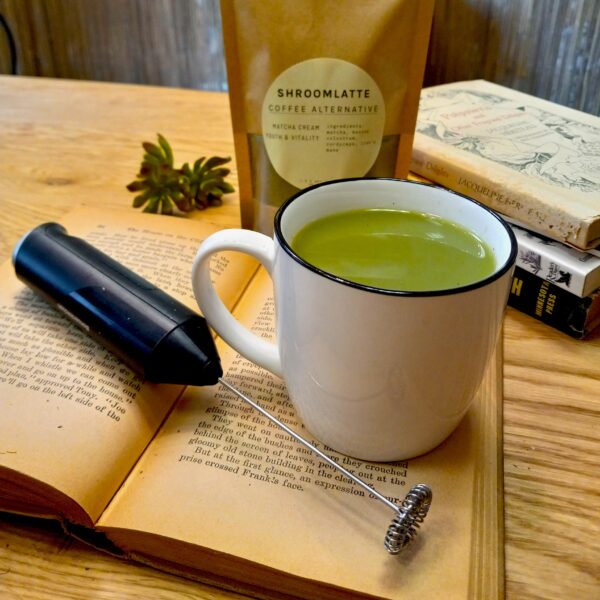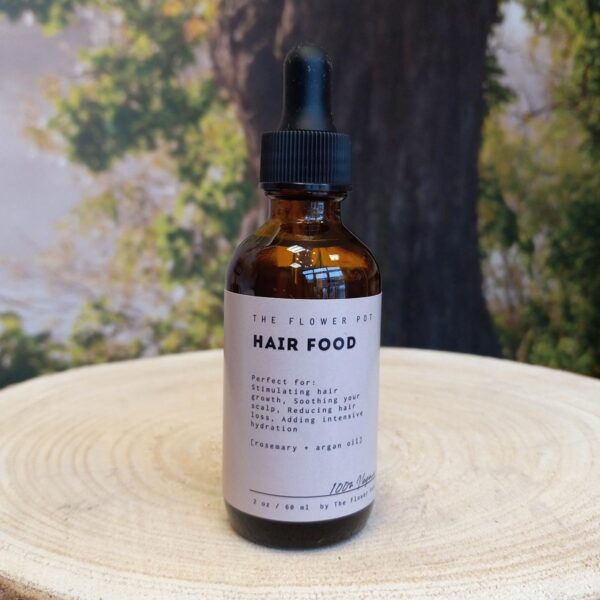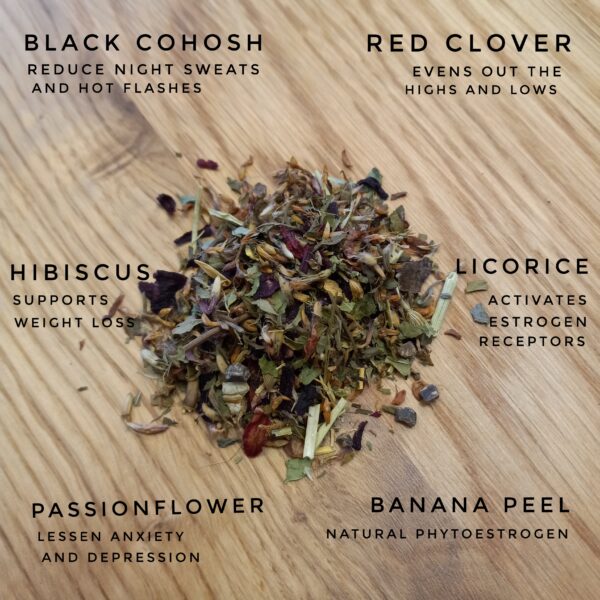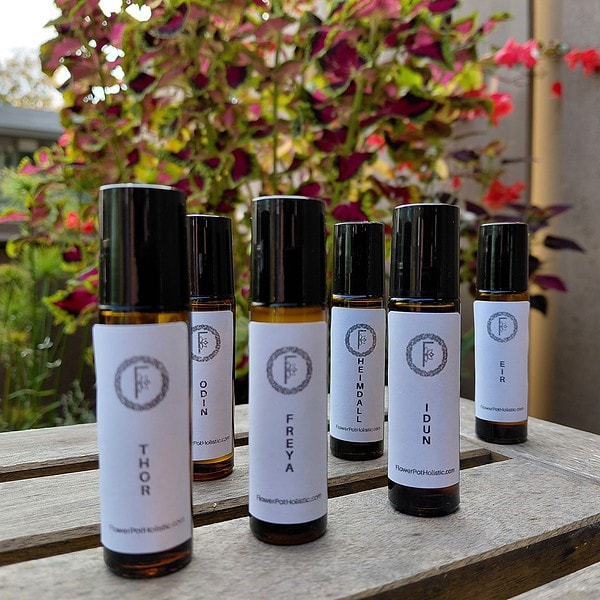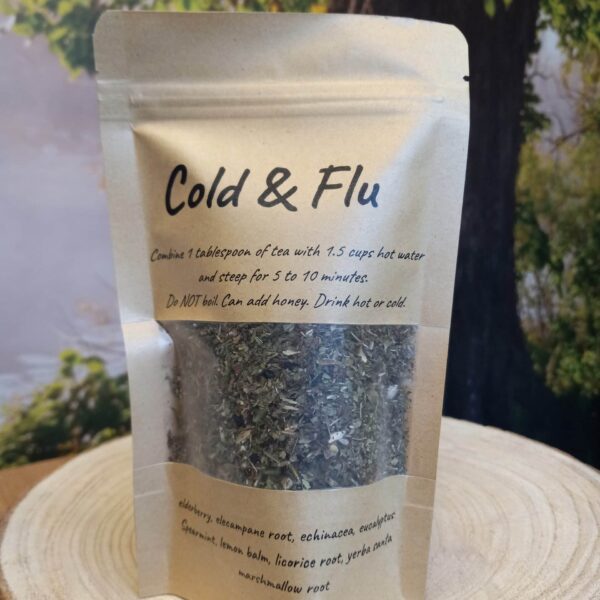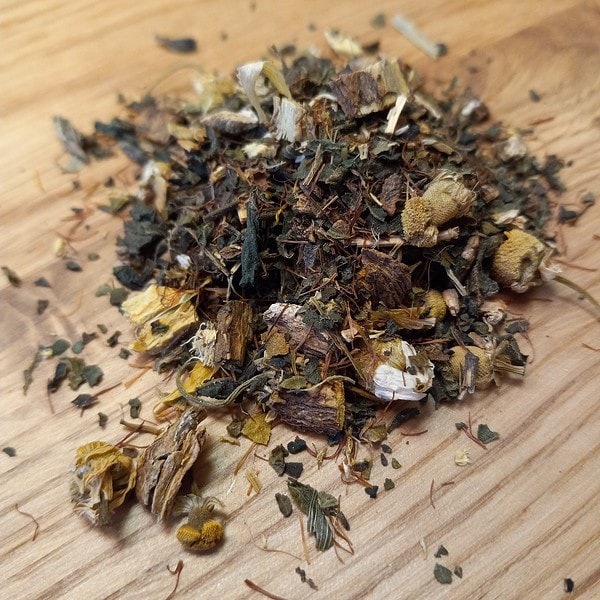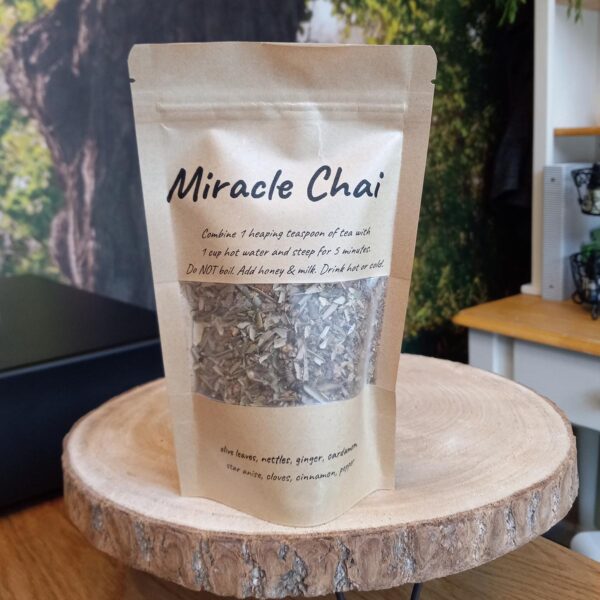When you think of Dill (Anethum graveolens), your mind probably goes straight to that satisfying crunch of a kosher dill pickle or maybe a sprinkle over fresh fish. And you’d be right—it’s excellent for those things! But this wispy, aromatic herb is also a gentle way to sooth a tummy. So gentle it’s one of the few herbal remedies considered safe and calming enough to be used for babies. How incredible is that?
Uses
Dill utilizes most its parts—the leaves, the seeds, and even the stems—to provide a calming, therapeutic touch to the digestive and hormonal systems.
- Digestive Cramps and Gas: The seeds, in particular, are excellent at settling a nervous or cramped gut. They are well-known for helping with excess gas (we all get it, no judgment here!), acting as a carminative to soothe the digestive tract.
- Menstrual Relief: A tea or tincture made from the dill leaves (or the seeds) is a wonderful remedy for general cramping and muscle spasms, making it a soothing choice for menstrual cramps.
- Bad Breath and Dental Health: Just like its cousin, fennel, dill seeds are traditionally used to sweeten the breath. They were often chewed daily, not just for fresh breath but also for overall dental health—a simple, old-school form of oral care!
Nursing Mothers and Babies
This is where dill truly shines. Its gentle properties make it a staple in traditional folk medicine for new families.
- For Mama: Dill helps with milk flow, making it a useful galactagogue for nursing mothers.
- For Baby: Because it is so safe and mild, a tiny bit of dill tea or tincture can be calming for the baby, helping to ease those common early digestive issues and discomfort.
Growing and Important Safety Notes
Dill is a lovely, airy plant to grow in your garden and is relatively easy to care for, but there is a major safety precaution you need to know about.
Growing Conditions: Dill is a cool-season annual that can be grown across a huge range of USDA Hardiness Zones 2 through 11. It needs full sun and well-draining soil. Since it grows tall and develops a long taproot, it doesn’t like being transplanted, so it’s best to sow seeds directly into the garden where you want it to grow.
The Sun Warning: Be aware that dill can cause photosensitivity. Handling the plant and then exposing your skin to strong sunlight can cause a rash or increased sensitivity. If you are harvesting or weeding dill on a sunny day, wear gloves and cover your arms to avoid a reaction.
The Verdict
Dill proves that sometimes the best herb to use is also the simplest and gentlest. From soothing a restless baby’s tummy to calming menstrual cramps or adding a fresh burst of flavor to your meal, dill is a kind and effective herb that deserves a permanent spot in your kitchen and in your apothecary.
Join Our Mailing List!
Sign up and be the first to know about specials, promotions and our latest articles on health and wellness.
Cara Schulz
Cara Schulz, a cancer survivor and green tea lover, has opened The Flower Pot, a holistic wellness shop in Burnsville that offers products ranging from medicinal teas and wellness tonics and herbal tinctures.


